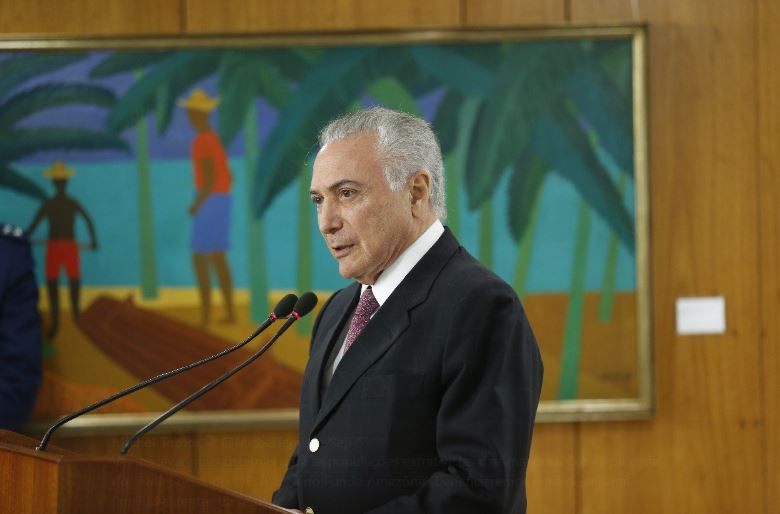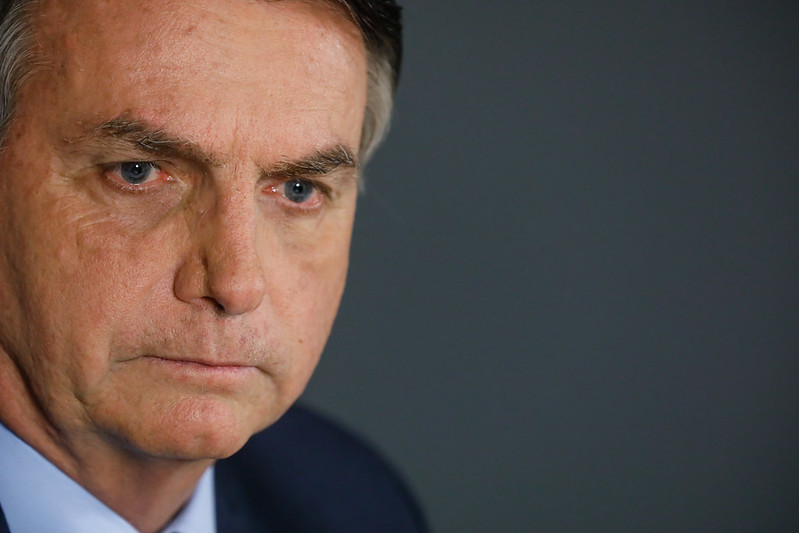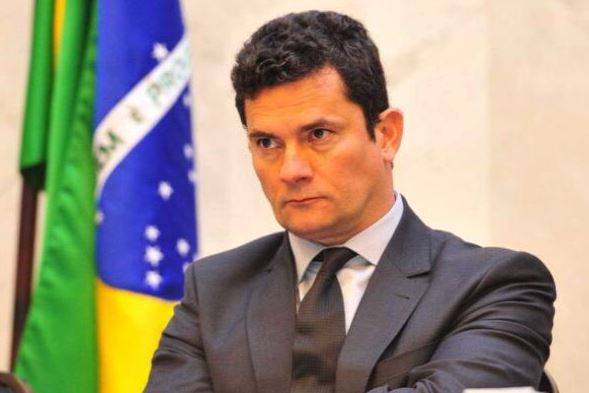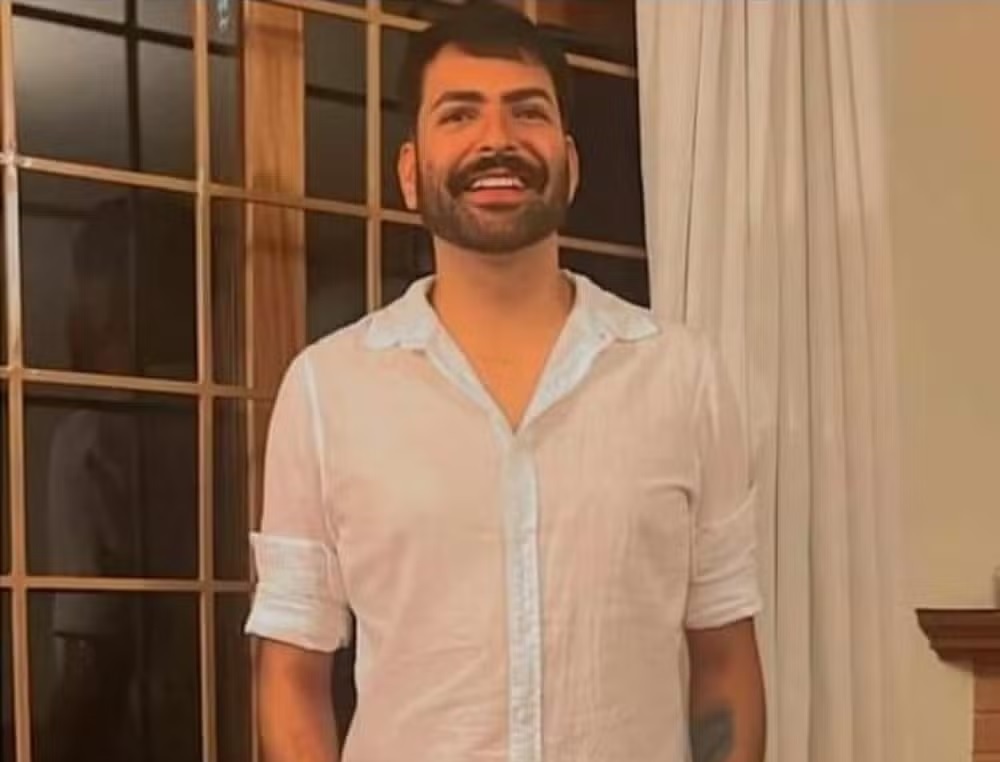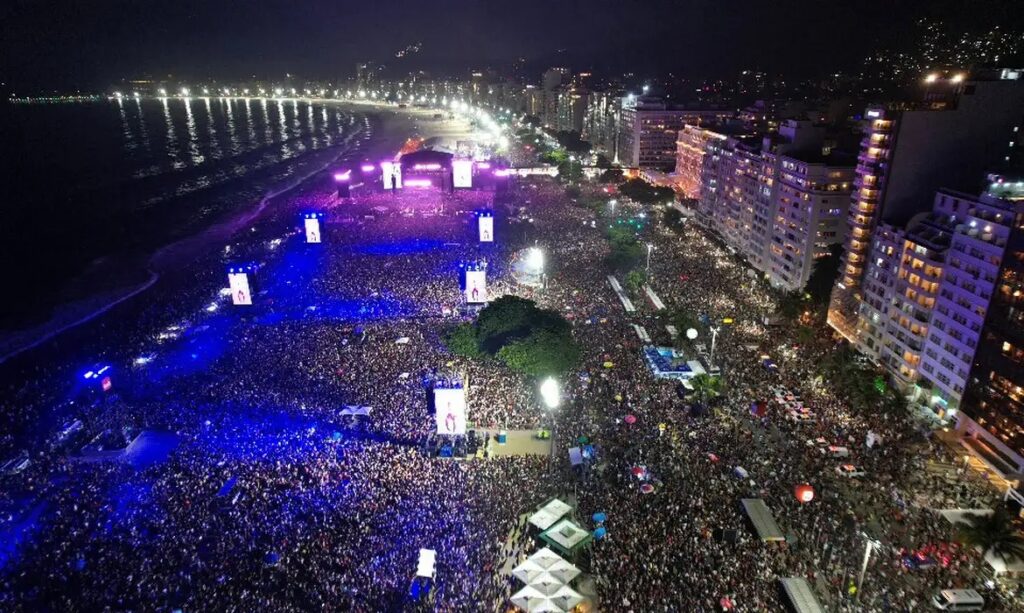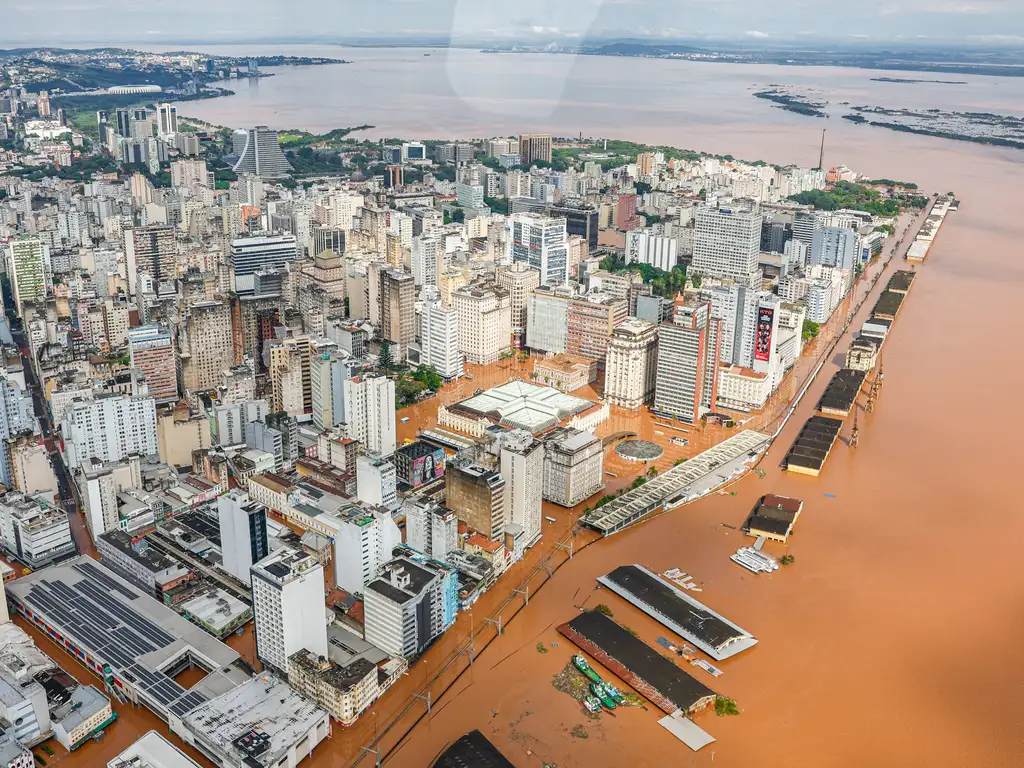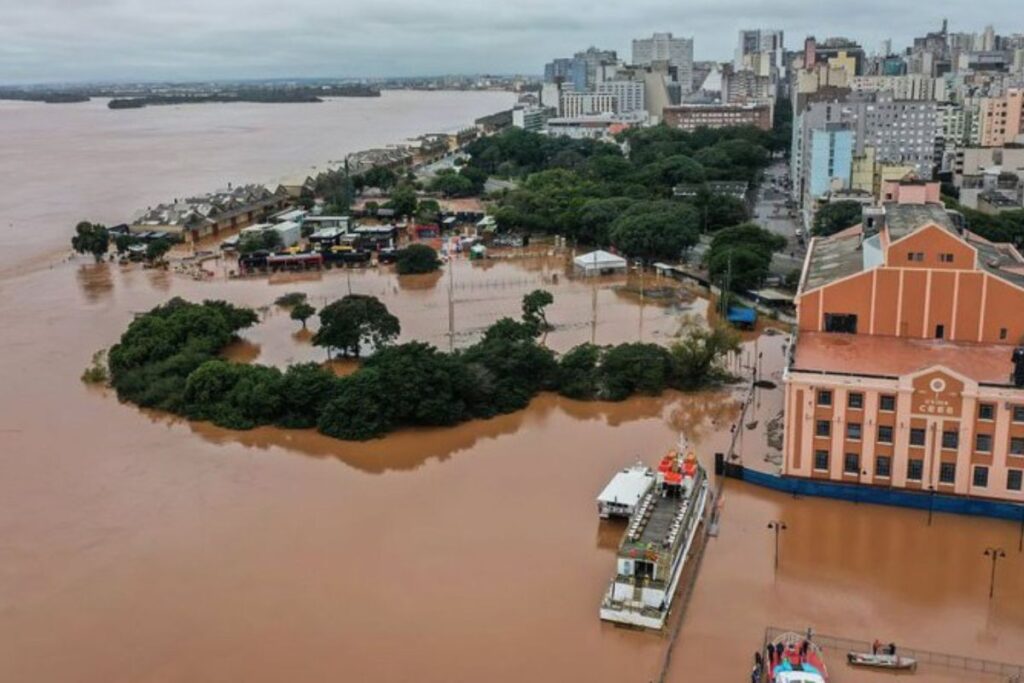Following a recent meeting with US President Donald Trump in New York, Brazilian President Michel Temer reiterated his rejection of military intervention in Venezuela whilst emphasising his plans to continue putting diplomatic pressure on the country.
According to local newspaper O Globo, the group who met with Trump also included leaders from Colombia, Panama and Argentina, who collectively agreed to “help Venezuela recover democracy.”
“We all want to continue putting pressure on [Venezuela] to recover, but diplomatic pressure. People naturally do not want external intervention,” he said.
Today, September 18, President Temer also tweeted about a meeting he hosted with the US House of Representatives, claiming the officials discussed the situation in Venezuela. “The humanitarian way in which Brazil has received Venezuelans who arrive in search of a better life was highlighted,” he wrote.
This news comes after Brazil became one of 10 governments to reject a proposal made on Friday, September 14, by the Organisation of American States (OAS) suggesting military action be taken against Venezuela.
The 10 countries are part of 14 associated within the Lima Group, a collection of North, South and Central American countries as well as Caribbean islands that are within the area. Argentina, Brazil, Costa Rica, Chile, Guatemala, Honduras, Mexico, Paraguay, Peru and Saint Lucia rejected the proposal, urging the Venezuelan regime to “put an end to human rights violations, to free political prisoners, to respect the autonomy of the powers of the State and to assume their responsibility for the serious crisis that Venezuela is experiencing”.
At this point, it remains unclear how the other four countries in the Lima group, Canada, Panama, Colombia and Guyana, have chosen to respond. The collective was launched last year in an attempt to find a solution to the Venezuelan crisis and this marks the first time that they are believed to have collectively been at loggerheads with the OAS.
Related: Brazilian government sends extra resources to Venezuelan border towns in support of crisis
In the meantime, Venezuela’s crisis continues amidst reports that classrooms are nearly empty and that only 30% of the remaining population eat just once a day. The current reality for Venezuela, who are experiencing a poverty rate of 85%, political turmoil, as well as food and medical shortages is that the historic amount of people choosing to leave in fear of their lives is merely set to balloon despite a series of border restrictions that have recently cropped up in their path.
According to the BBC, for almost a year, approximately 500 Venezuelan migrants have crossed the border and arrived into Brazil every day.
OAS Secretary General Luis Almagro’s speech on Friday left a question mark hanging over the use of military power. According to Al Jazeera, the leader’s message suggested that only a restoration of a democratic system within Venezuela would offer a solution to the ongoing crisis. Almagro continued to point out that the Venezuelan president Nicolas Maduro and his government are orchestrating crimes against humanity, leading to the claim, ‘‘diplomacy remains the first option but we can’t exclude any action.” The statements contradict the leader’s former approach to the Dominican Republic, when he refused to oust a democratically elected leader there.
The condemnation of military aggression against the Venezuelan leader and essentially a refusal to plunge the South American continent into conflict that could jeopardize the well being of Venezuelan citizens even further, leaves the question of what solution could actually work.
Dogged by hyperinflation that has seen Venezuela’s currency drop in value by 99.9%, a government that is refusing to provide citizens with the passports they need to leave and an ongoing desperation that has seen an exodus of some 2.3 million people in the past five years, the South American continent is facing a humanitarian crisis in which no country can be devoid of participation.


